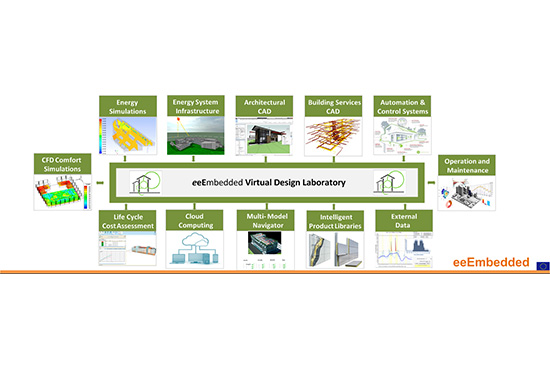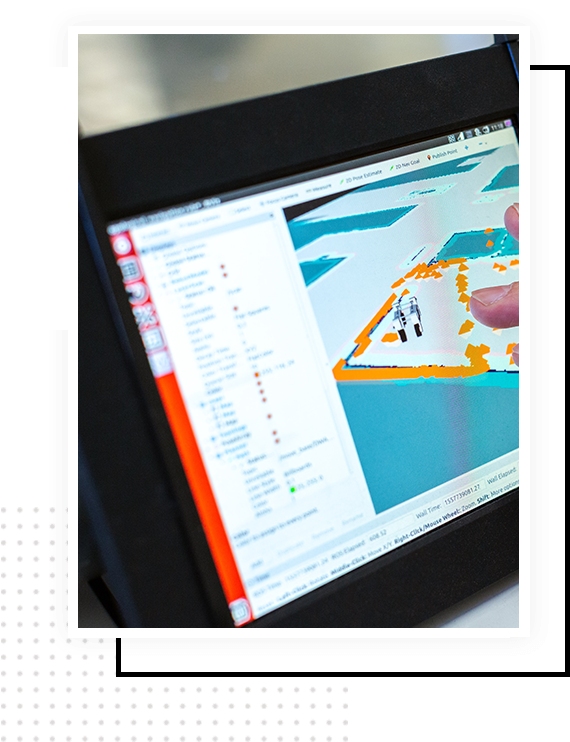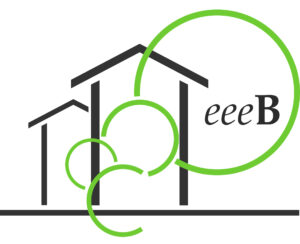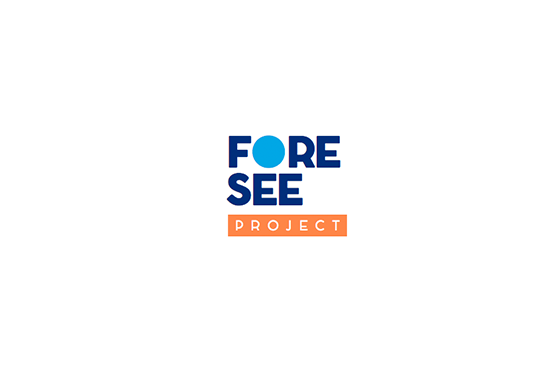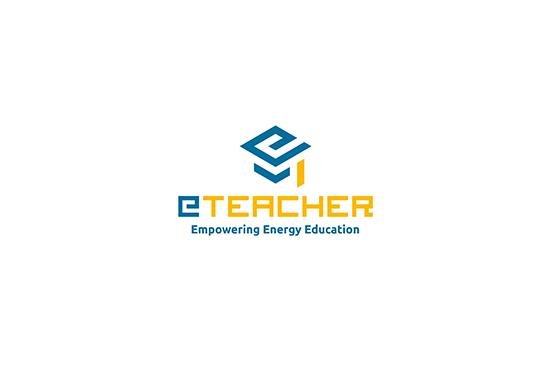
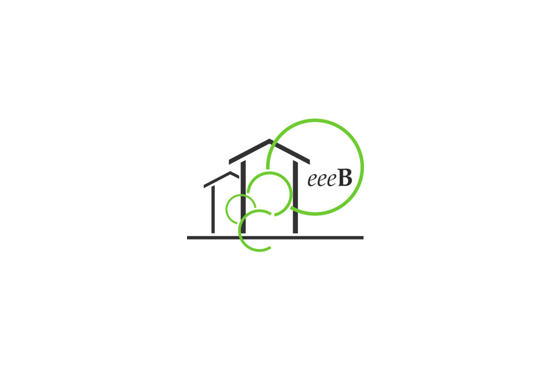
Gallery Info
Description
The main goal of eeEmbedded is to develop a virtual, collaborative, holistic and open access platform to support all actors involved in the design of energy efficient buildings optimally embedded in their neighbourhood (buildings and energy system). For that purpose, eeEmbedded makes use of existing advanced ICT tools, provide them with an interoperability structure and complement them with a set of new supporting services and tools for process support, information management and decision-making.
Together with the platform, the project aims to develop a new ICT support design methodology based on Key Points that guide and monitor the design process.
Additionally, another innovation of the project is the use of intelligent templates (knowledge-based) that increase the automation of the design process and allow to carry out simulations since the very first stage of the design process.
Another challenge is to identify and address the interoperability and collaboration requirements in between actors and tools. Therefore, the virtual lab eases, optimizes and improves the information flows.
eeEmbedded main results include: i) a holistic design methodology, ii) a collaborative holistic design platform, iii) an Energy System Information Model (ESIM), iv) an ontology-based open interoperability system, v) a multi-model information management method and related management services and vi) a knowledge management system.
A test period of 12 months in two real demonstrators will validate the developments of the project.
The Consortium, coordinated by Technical University of Dresden (TUD), has 13 European organisations playing roles of end-users and software developers.
CEMOSA's role
CEMOSA is end-user of the eeEmbedded platform. Its participation in the project is related to such a role. The main technical tasks of CEMOSA are:
- Definition of specifications and requirements for the platform
- Definition and development of the holistic methodology for building design based on Key Points.
- Verification and validation of the holistic methodology and other final results
Moreover, CEMOSA coordinates diffusion activities of results.
